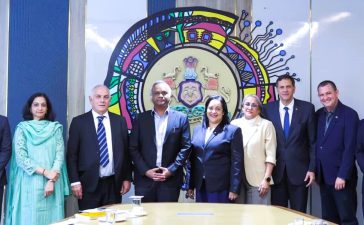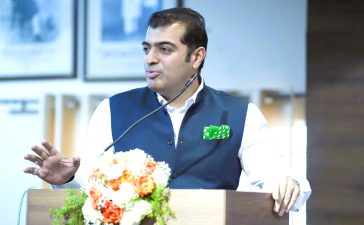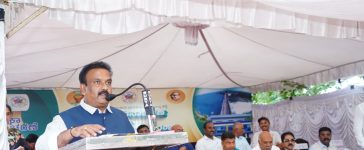Moulana Dr. Maqsood Imran’s Iraq Visit Inspires Call for Muslim Unity, Faith, and Compassion
From sacred shrines to Gaza’s frontline heroes, the scholar’s journey blends spiritual reflection with urgent appeals for solidarity, prayer, and community service.
الرحلة الروحية والإنسانية للشيخ مقصود عمران في العراق
نجف و کربلا سے غزہ تک: اتحادِ امت کا پیغام
Summary on his Visit
Moulana Dr. Maqsood Imran’s recent visit to Iraq was both a spiritual pilgrimage and a humanitarian mission. Visiting sacred shrines and meeting doctors working in Gaza, he called for Muslim unity, prayer, and acts of compassion. His journey underscored the resilience of oppressed communities and the need for collective action to protect sacred places, support the needy, and strengthen the bonds of the Ummah.
A Journey Rooted in Faith and Service
Returning from his recent visit to Iraq, Moulana Dr. Maqsood Imran delivered a heartfelt address reflecting on the sacredness of the land, the resilience of oppressed communities, and the unifying power of faith. Expressing deep gratitude, he described the journey as both a spiritual awakening and a humanitarian mission.
During his stay, he visited revered sites such as the shrine of Sheikh Abdul Qadir Gilani, the tomb of Imam Abu Hanifa, and the holy cities of Najaf and Karbala, offering prayers at the resting places of Imam Ali and Imam Hussain. “To stand where these noble souls rest is to feel the heartbeat of Islamic history,” he said.
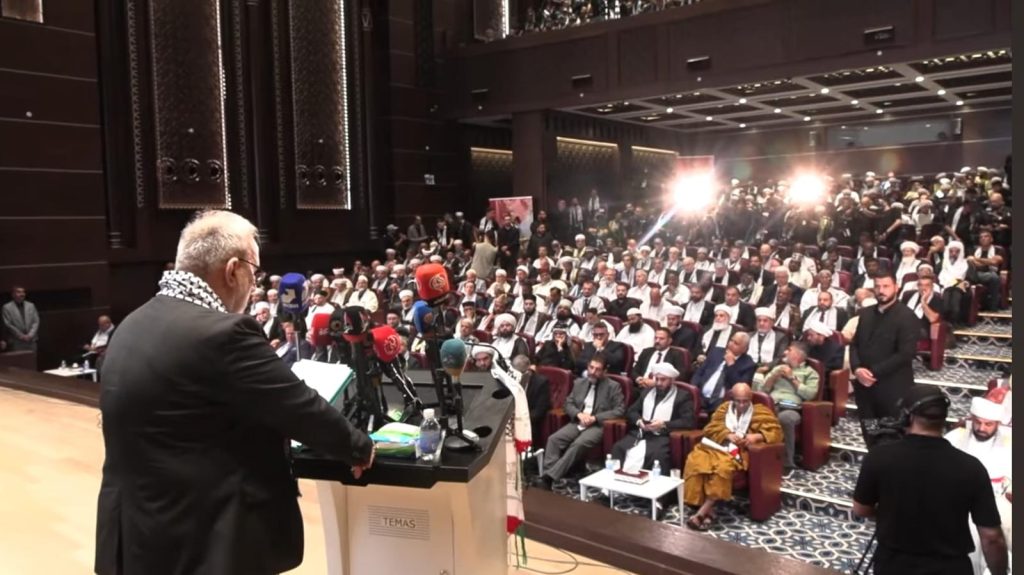
Witnessing the Struggles of Gaza’s People
In Iraq, Dr. Maqsood Imran met doctors working in Gaza and Palestine, who shared harrowing accounts of the suffering caused by conflict and blockade. He described their words with palpable emotion — stories of children once healthy now facing severe malnutrition, and parents grieving multiple losses.
“Even amidst unimaginable pain, their trust in Allah never wavers,” he said, recalling how medical workers continued their duties under bombardment, guided by unshakable faith. Drawing from Islamic history, he likened their perseverance to the trials endured during the Battle of Tabuk.
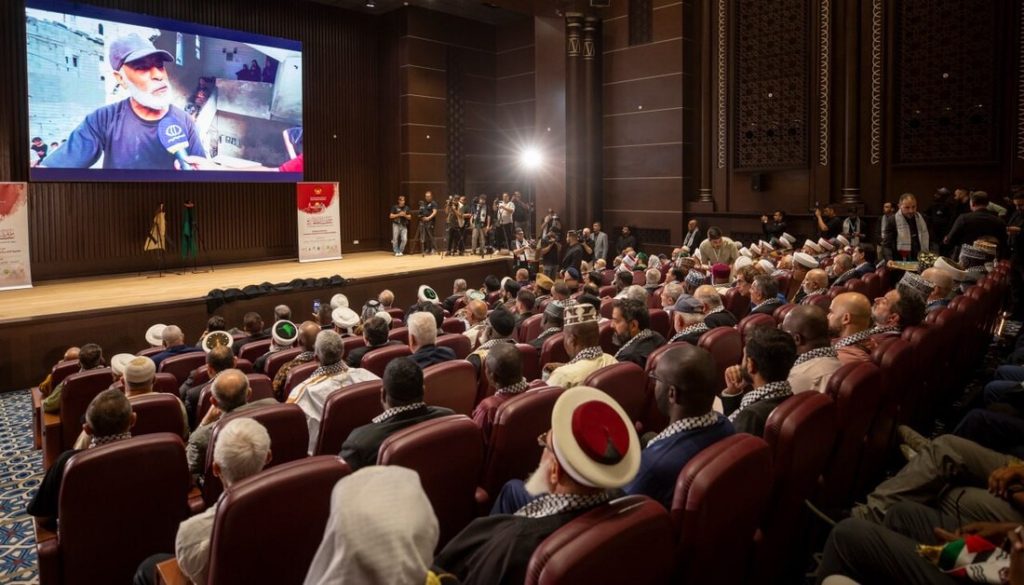
The Power of Prayer Over Material Aid
The scholar stressed that while humanitarian aid is vital, the strongest weapon believers hold is dua (supplication) and unity of hearts. He urged Muslims worldwide to transcend political differences, describing all believers as brothers in faith.
“Our strength is not in wealth or weaponry, but in our collective sujood (prostration) before Allah,” he declared. He warned against divisions and called for the protection of sacred places, especially Jerusalem, which he described as “a trust for the entire Ummah.”
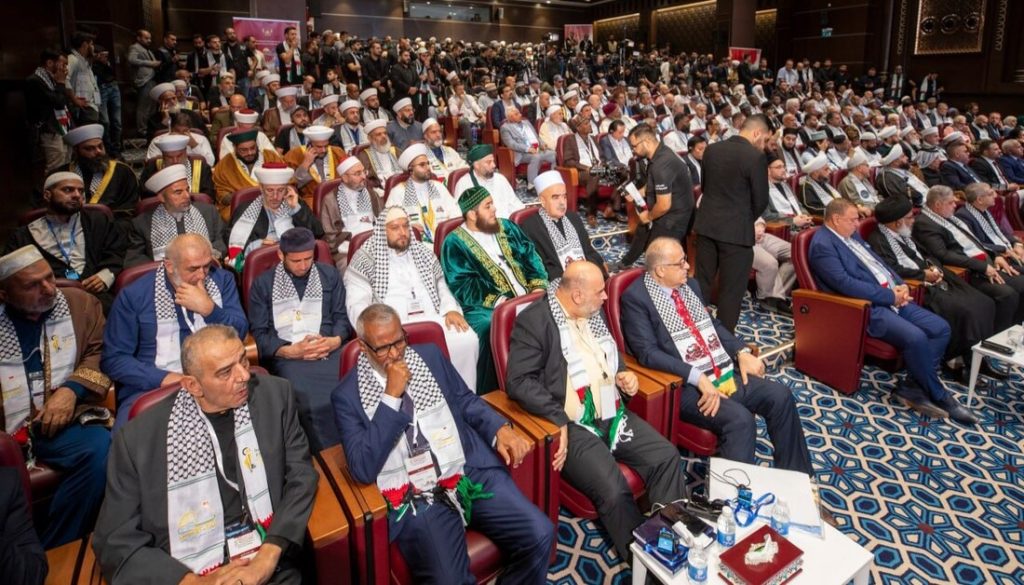
Humanitarian Compassion in Karbala
During his travels, Dr. Maqsood Imran visited a cancer hospital in Karbala where Palestinian patients receive free treatment. He was deeply moved by the hospital’s open-door policy, refusing to turn away anyone due to lack of funds.
“This is Islam in action — mercy, generosity, and dignity for the suffering,” he said, urging continued support, prayers, and solidarity for those fighting illness far from home.
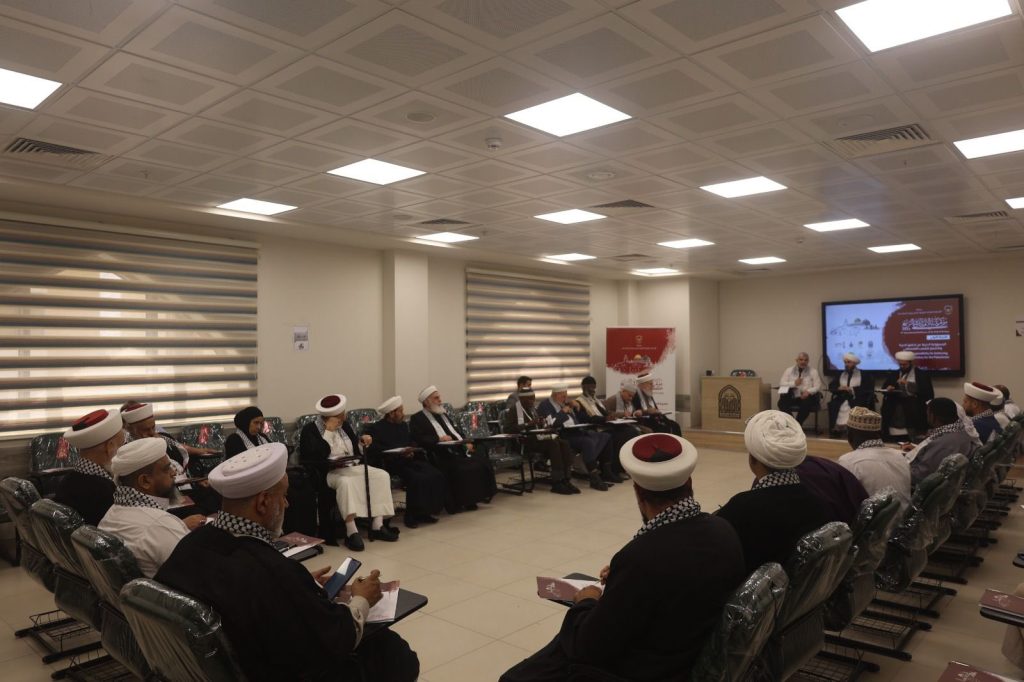
Strengthening Communities Through Charity and Marriage Support
The Moulana also highlighted the importance of addressing social needs within the Muslim community, particularly arranging marriages for those unable to afford them. He recounted joyful gatherings at a mosque where the community came together to fund weddings for underprivileged couples.
“When we unite to ease the burdens of others, Allah eases ours,” he reminded. He encouraged even small acts of kindness, comparing them to the story of a small bird trying to extinguish a great fire — symbolic of sincere effort, regardless of size.
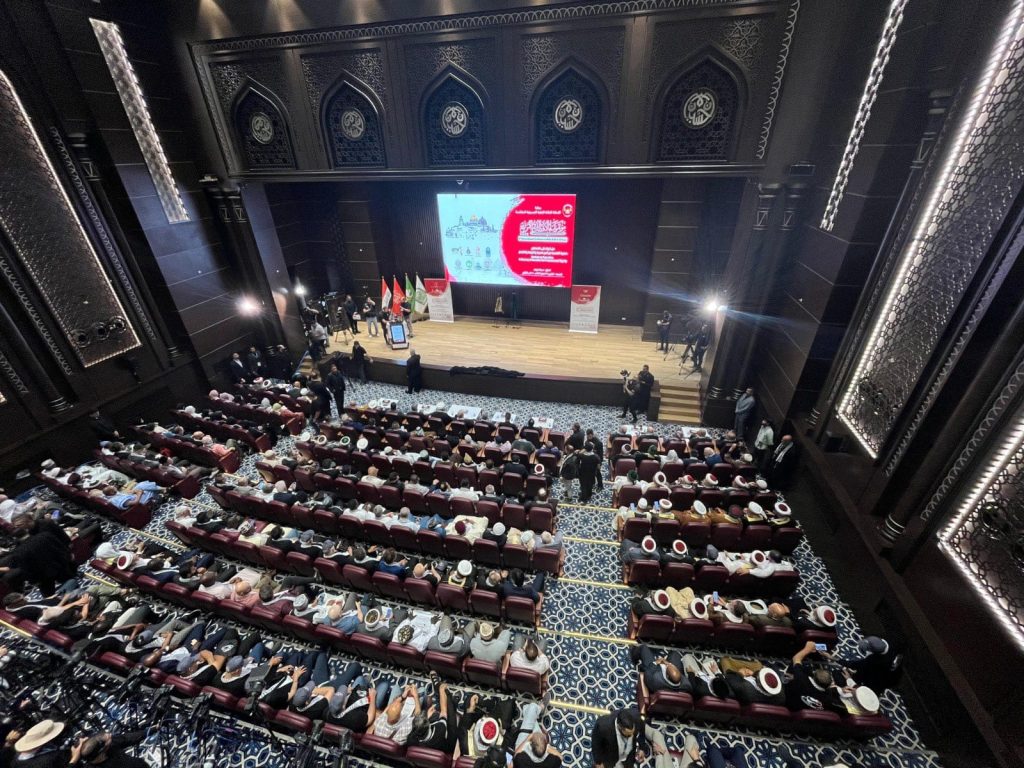
A Closing Appeal for Unity and Action
Ending his speech, Dr. Maqsood Imran prayed for the oppressed, the sick, and the struggling. He urged the Ummah to rise above complacency, to speak out for justice, and to hold firm in faith during times of trial.
“Our brothers and sisters are bleeding — we cannot stand silent. Let our prayers rise before Allah like the dawn, and let our unity be our strength,” he said.
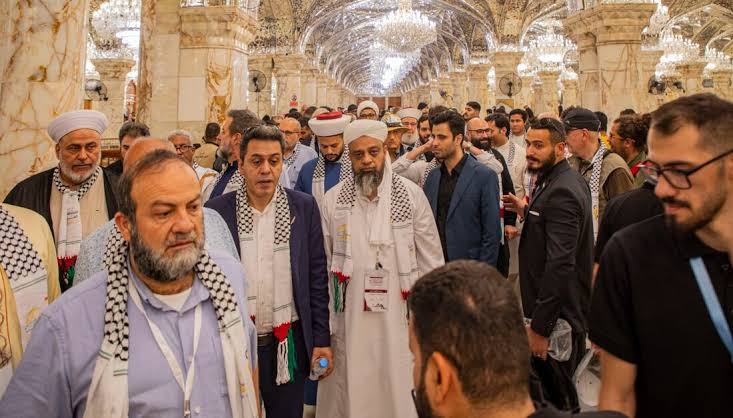
If you’d like, I can also prepare short social media posts and quotes from this story so it can be promoted effectively alongside the news article. This will help reach both readers and younger audiences online. Would you like me to do that next?
Key Statements
-
“To stand where these noble souls rest is to feel the heartbeat of Islamic history.”
-
“Even amidst unimaginable pain, their trust in Allah never wavers.”
-
“Our strength is not in wealth or weaponry, but in our collective sujood before Allah.”
-
“This is Islam in action — mercy, generosity, and dignity for the suffering.”
-
“When we unite to ease the burdens of others, Allah eases ours.”
Key Quotes
-
On Unity: “We must rise above divisions. Jerusalem is a trust for the entire Ummah.”
-
On Gaza: “Our brothers and sisters are bleeding — we cannot stand silent.”
-
On Compassion: “Small acts of kindness, like the bird fighting a great fire, carry weight in Allah’s sight.”
-
On Faith: “Let our prayers rise before Allah like the dawn, and let our unity be our strength.”
Q & A
Q: What was the purpose of Moulana Dr. Maqsood Imran’s visit to Iraq?
A: To visit sacred Islamic sites, meet humanitarian workers, and offer prayers for the oppressed, particularly the people of Gaza.
Q: Which places did he visit?
A: He visited Baghdad’s shrine of Sheikh Abdul Qadir Gilani, Imam Abu Hanifa’s tomb, Najaf’s shrine of Imam Ali, and Karbala’s shrine of Imam Hussain.
Q: Did he engage in humanitarian work?
A: Yes, he visited a cancer hospital in Karbala treating Palestinian patients for free and encouraged charity work such as funding marriages for underprivileged couples.
Q: What key message did he deliver?
A: The Muslim Ummah’s greatest strength lies in unity, prayer, and compassion, not material resources.
Q: How did he connect his experiences in Iraq with current events?
A: By highlighting the resilience of Gaza’s people, comparing their endurance to the trials of early Islamic history, and calling for global Muslim solidarity.
Context & Background
-
Context: Moulana Dr. Maqsood Imran is a respected Islamic scholar known for his community work and interfaith engagement. His recent Iraq visit came at a time of heightened conflict in Gaza, making his message particularly urgent.
-
Background: Iraq hosts some of Islam’s most significant religious sites. It is also a hub for humanitarian networks assisting Palestinians, including free medical treatment facilities. The visit bridged spiritual tradition with real-world humanitarian concerns.
#MoulanaMaqsoodImran #IraqVisit #MuslimUnity #FaithInAction #PrayersForGaza #Compassion
![]()



